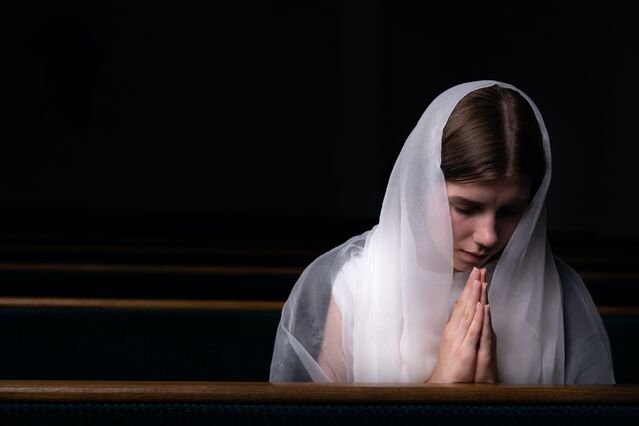Within Christianity, some traditions emphasize a more mystical and spiritual approach than others. One tradition I’ve been particularly intrigued by is Quaker spirituality.
Part of Quaker spiritual practice is to identify, share, and meditate on specific advices and queries. Some of these can be traced back to George Fox in the mid-1600s. In some ways, these advices and queries translate Quaker experiences and insights about the Gospels into modern life.
Communities might lead a service with reference to an advice or query, and individuals might meditate on one for an hour, a day, a week, or a year.
I’ve been studying Quaker advices and queries shared by meetings across the world for several years. Below I’ll share some of my favorites, which mostly come from the London, New York, and New England yearly meetings.

Apponegansett Meeting House, Jean Schnell
Advices:
Take heed to the promptings of love and truth in your heart.
Bring the whole of your life under the ordering of the spirit of Christ.
Seek to know an inward stillness, even amid the activities of daily life.
While respecting the experiences and opinions of others, do not be afraid to say what you have found and what you value.
Try to find a spiritual wholeness which encompasses suffering as well as thankfulness and joy.
Each of us has a particular experience of God and each must find the way to be true to it.
Listen patiently and seek the truth which other people’s opinions may contain for you.
Avoid hurtful criticism and provocative language.
Think it possible that you may be mistaken.
Try to make your home a place of loving friendship and enjoyment, where all who live or visit may find the peace and refreshment of God’s presence.
Let your life speak.
Responding to divine guidance, try to discern the right time to undertake or relinquish responsibilities without undue pride or guilt.
Search out whatever in your own way of life may contain the seeds of war.
Do not let the desire to be sociable, or the fear of seeming peculiar, determine your decisions.
Try to live simply.
Stand still, wait for divine guidance, then act.
Be grateful for the gifts you have. Neither be too proud of them nor value them too little. Do not waste time coveting the gifts of others.
Attend to what love requires of you.

Queries:
Are you open to the healing power of God’s love?
How does Jesus speak to you today? Are you following Jesus’ example of love in action? Are you learning from his life the reality and cost of obedience to God?
Do you respect that of God in everyone though it may be expressed in unfamiliar ways or be difficult to discern?
Continue reading